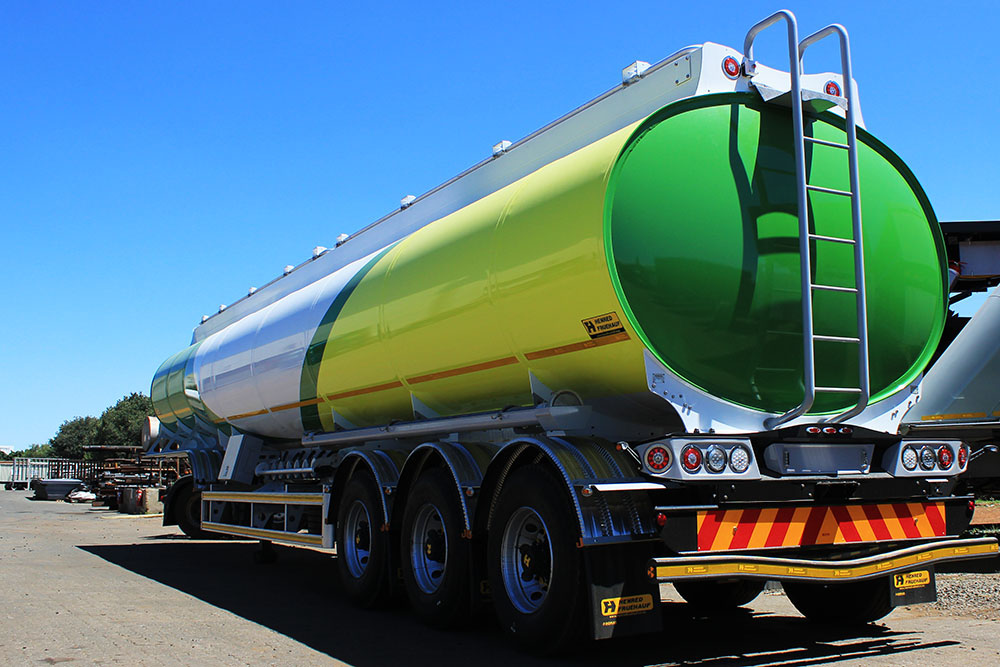Nigeria’s fuel tanker drivers have started a strike action on Monday in protest over escalating operational costs caused by the continued devaluation of the national currency, the naira, and concerns about the safety and physical conditions of the country’s roads, according to a spokesperson for the union.
The Nigerian Association of Road Transport Owners (NARTO) – an organization comprising thousands of truck owners and drivers responsible for fuel distribution in Africa’s most populous country, is demanding increased freight charges from fuel marketers due to the surging operational costs.
Nigeria – Africa’s largest economy is confronting a cost-of-living crisis due to the inflation figures soaring to about 30% in January – Nigeria’s highest in about three decades. The inflation is partly fueled by President Bola Tinubu‘s decision last May to terminate fuel subsidies and the floatation of the local currency – the Naira. Both policies sent prices off the roof.
The strike has led to reemergence of the all-too-familiar fuel queues in Lagos, Nigeria’s commercial capital, as elsewhere in the country, and this could potentially worsen the hardship on the populace, and snowball into a crisis if it continues.
The federal government has quickly invited the unions, and negotiation is ongoing as at press time.
Olawale Afolabi, the secretary-general of NARTO, said, “All attempts to secure improved freight rates for our operations have been unsuccessful, so we have no alternative but to strike. We are still in negotiations.“
Before the subsidy was removed last year, Nigeria doubled freight charges to N20.46 per litre in 2021 to support fuel deliveries and maintain near-uniform prices nationwide. However, the removal of the fuel subsidy deregulated the sector and absolved the government from covering the freight charges.
In the absence of the subsidy, fuel marketers are increasingly turning to more contemporary haulage service providers or establishing their own fleets to compete with those affiliated with the NARTO union.
Clement Isong, the CEO of the Major Energy Marketers Association of Nigeria, a coalition of several local oil marketers, defended the subsidy removal and market liberalization; “There is no dispute. One of the key benefits of pump price deregulation is competition that compels operators, transporters, and marketers alike to pursue cost reduction and innovation to provide the best value to customers.“
Please Like 👍, Comment, Share & Follow us on our social media handles.








